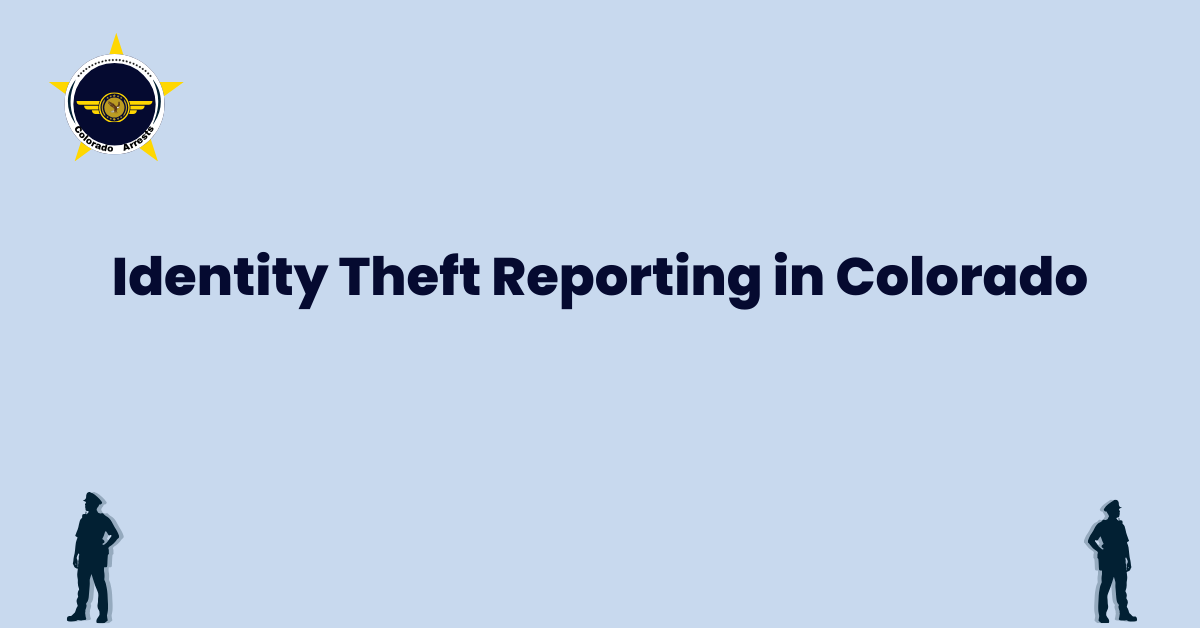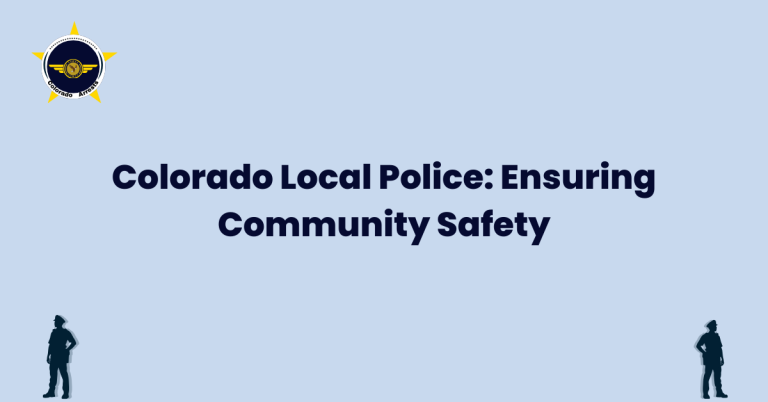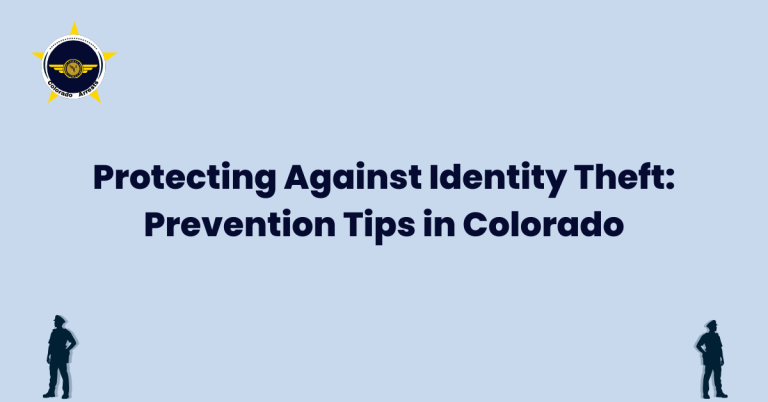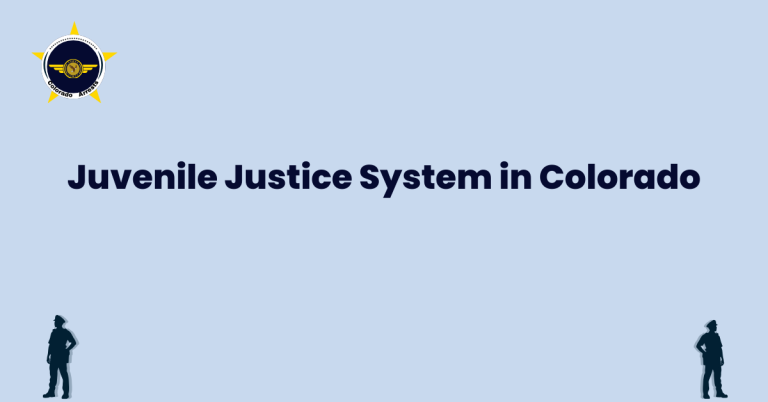Identity Theft Reporting in Colorado
Identity theft is a growing concern in today’s digital world. With advances in technology, criminals have found new ways to exploit personal information for their own gain. It is crucial for individuals to be aware of the risks and take necessary precautions to protect themselves.
Colorado understands the severity of identity theft and has implemented an efficient reporting system to help victims recover from this crime. Our state has established a dedicated platform where individuals can report incidents of identity theft and receive the necessary support and resources to navigate through the recovery process.
Preventing Identity Theft
Protecting your personal information is the first line of defense against identity theft. By implementing a few simple strategies, you can greatly reduce your risk of falling victim to this crime.
Secure Your Personal Devices
Ensure that your smartphones, tablets, and computers are protected with strong passwords. Regularly update your security software and be cautious when downloading apps or clicking on suspicious links.
Be Wary of Phishing Scams
Phishing scams often come in the form of emails or messages that appear to be from reputable sources. These scams aim to trick you into revealing sensitive information. Always verify the authenticity of any requests for personal information.
Recognizing the Signs
Being able to identify the warning signs of identity theft is crucial in stopping the damage before it escalates.
Monitor Your Financial Statements
Regularly review your bank statements, credit card bills, and other financial documents. Look for any unfamiliar transactions or discrepancies that could indicate fraudulent activity.
Check Your Credit Report
Obtain a free copy of your credit report from the major credit bureaus at least once a year. Look for any accounts or inquiries that you do not recognize, as these could be signs of identity theft.
Reporting Identity Theft in Colorado
If you suspect that you have become a victim of identity theft in Colorado, it is important to take immediate action.
Contact the Colorado Bureau of Investigation
Report the incident to the Colorado Bureau of Investigation’s dedicated platform for identity theft. They will guide you through the reporting process and provide the necessary resources to aid in your recovery.
File a Police Report
Contact your local police department to file a report. This documentation will be essential in resolving any fraudulent activity and protecting your rights.
Recovering from Identity Theft
Recovering from identity theft can be a lengthy and challenging process. However, with the right support and resources, you can restore your identity and regain control.
Notify Credit Bureaus and Financial Institutions
In the event of identity theft in Colorado, it is imperative to promptly address the situation by notifying major credit bureaus and financial institutions. Inform Equifax, Experian, and TransUnion to place a fraud alert on your credit reports. Additionally, contact your banks and credit card companies, reporting the incident and following their recommended procedures. Consider placing extended fraud alerts for prolonged protection. Regularly monitor your accounts for unauthorized transactions, file a police report, and explore identity theft protection services. Strengthen your online security and remain cautious against phishing attempts. Swift and comprehensive actions will help mitigate the impact of identity theft and facilitate the restoration of your financial security.
Update Your Passwords
Change all your passwords for online accounts to ensure that the identity thief can no longer access your personal information. Use strong, unique passwords for each account and consider using a password manager to keep them secure.
FAQs
What is identity theft?
Identity theft refers to the fraudulent acquisition and use of another person’s personal information, such as their name, social security number, or credit card details, typically for financial gain. It can result in severe financial and emotional consequences for the victims.
How does identity theft occur?
Identity theft can occur through various methods, including phishing emails, data breaches, stolen wallets or purses, and hacking into vulnerable systems. Cybercriminals use these tactics to obtain personal information and exploit it for their own purposes.
What are the common signs of identity theft?
Some common signs of identity theft include unauthorized transactions on financial accounts, receiving bills or collection notices for unfamiliar accounts, being denied credit for no apparent reason, and noticing unfamiliar accounts or inquiries on your credit report.
How can I protect myself from identity theft?
To protect yourself from identity theft, you should regularly monitor your financial accounts and credit reports, use strong and unique passwords for online accounts, be cautious of sharing personal information online, and avoid clicking on suspicious links or downloading unknown attachments.
What should I do if I suspect I am a victim of identity theft?
If you suspect that you are a victim of identity theft, it is crucial to act quickly. Contact your financial institutions to report any unauthorized transactions, place fraud alerts or credit freezes on your credit reports, file a report with your local law enforcement agency, and report the incident to the dedicated identity theft reporting platform established by the state of Colorado.
What resources are available for identity theft victims in Colorado?
Colorado has established a dedicated platform for identity theft victims to report incidents and access support and resources. This platform provides guidance on the steps to take after identity theft, information on legal rights and protections, and assistance in navigating the recovery process.
Conclusion
Identity theft is a serious crime that can have devastating consequences. By staying vigilant, taking preventive measures, and reporting any incidents promptly, you can safeguard your personal information and minimize the risk of becoming a victim.







